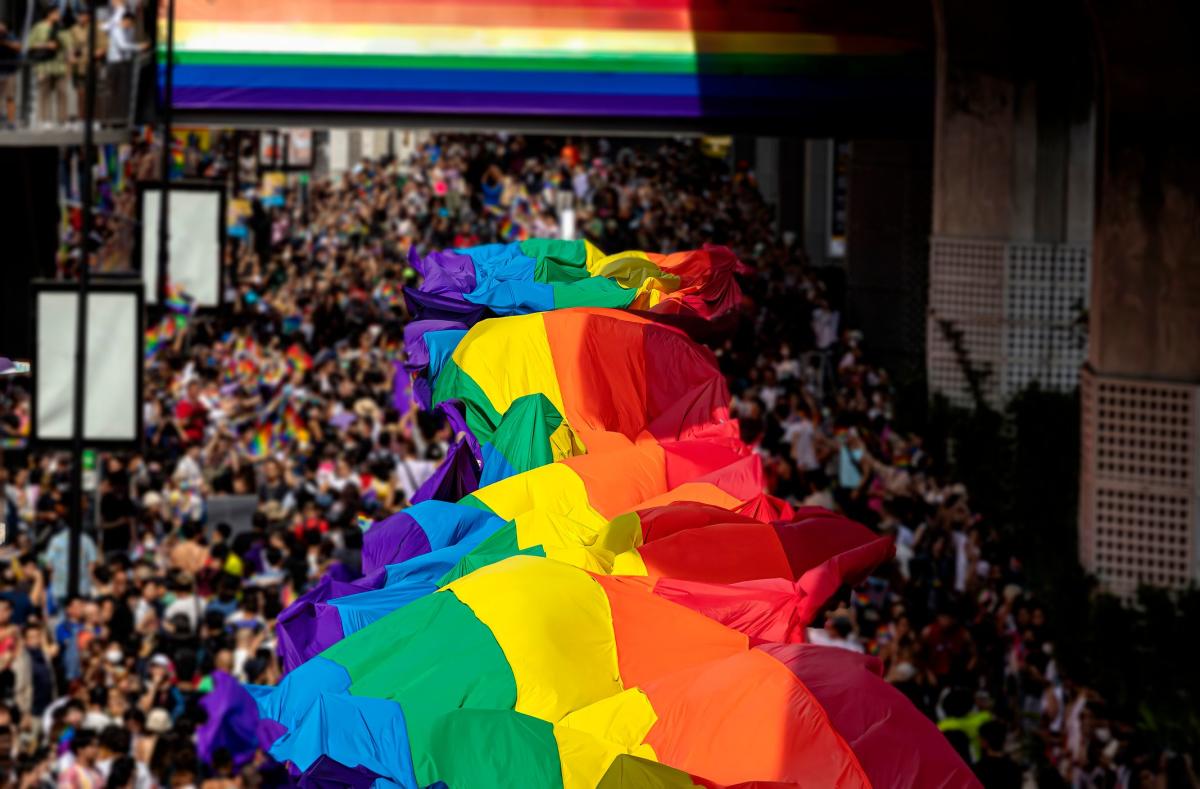Semafor Signals
Insights from the London School of Economics, Thai.News, and The Diplomat
The News
Thailand is close to becoming the first Southeast Asian country to guarantee marriage equality after lawmakers on Wednesday passed a bill to legalize same-sex marriage.
Of the 415 lawmakers in the lower house of the parliament, 400 voted in favor of the bill, which now heads to the Senate, where it will likely pass, before the country’s King endorses it.
A new liberal government and youth activism have made LGBTQ+ inclusion a priority in Thailand, where conservative Buddhist values have sometimes posed obstacles to the community. The bill’s passage could also serve as a framework for LGBTQ+ laws in other countries in the region, as polls show growing support for the community.
SIGNALS
Youth activism helped to change Thai attitudes around LGBTQ+ issues
Thailand has faced hurdles in passing legal protections for LGBTQ+ people because of its conservative Buddhist culture — despite being known among tourists for its “‘ladyboy’ cabarets, and LGBTQ+ beachfront resorts,” TIME magazine reported. However, a rise in youth activism has led to more liberal attitudes, according to a researcher at the London School of Economics. Prime Minister Srettha Thavisin’s government — elected after months of student-led protests against the previous conservative government — vowed to reform conservative-era laws, such as the censorship of movies considered offensive for depicting LGBTQ+ themes. Prominent Buddhist monks have also become key voices in the movement for equality, breaking tradition by speaking out on gender and sexual politics. The latest bill is “a declaration of Thailand’s ethos” that marries open attitudes with deeply rooted Buddhist values, according to the editorial team of website Thai.News. “It solidifies Thailand’s reputation as a sanctuary for love,” they wrote.
Thailand’s framing of same-sex marriage as strengthening social fabric carries lessons for Southeast Asia
Most people in Cambodia, Vietnam, and Thailand support same-sex marriage, yet the issue has in the past gained little momentum because of governmental anxiety over identity politics, often seen as a cultural import of the West, Southeast Asia-based journalist David Hutt wrote for The Diplomat. Former Myanmar leader Aung San Suu Kyi, for instance, was a vocal LGBTQ+ rights supporter while in opposition, but once in office was silent on introducing any legislation. “Gender issues are not important” in Myanmar, one of her close aides said in a 2016 interview with The Daily Beast.
Thailand’s government has managed to advance the cause of same-sex marriage it by framing it around extending societal rights and family responsibilities to gay couples, rather than as granting equality to a historically oppressed minority. Making the case that marriage equality strengthens the social fabric is likely to be the more persuasive argument in Southeast Asia, Hutt wrote, adding that “Thailand should be an example that you get conservatives and reactionaries on board.”
Muslim-majority Southeast Asian countries are cracking down on LGBTQ+ people
While Thailand moves towards greater equality, Muslim-majority countries in Southeast Asia are becoming more resistant to LGBTQ+ movements within their borders. In Indonesia, gay rights groups have had to cancel events due to security threats from religious political leaders in the country, and Malaysia’s government has threatened prison time for people wearing pride-themed Swatch watches. Malaysia’s LGBTQ+ organizers, meanwhile, are hesitant to draw on outsiders’ support. In 2023, they slammed musician Matt Healy’s on-stage kiss with his male band-mate during a performance in Kuala Lumpur aimed at protesting Malaysia’s homophobic laws. Activists said the kiss “may have done more harm than good” by provoking the government to crack down further on the community, CNN reported. “He thought he was doing something for us, but it’s giving white savior complex,” one Malaysian drag performer told the outlet.
